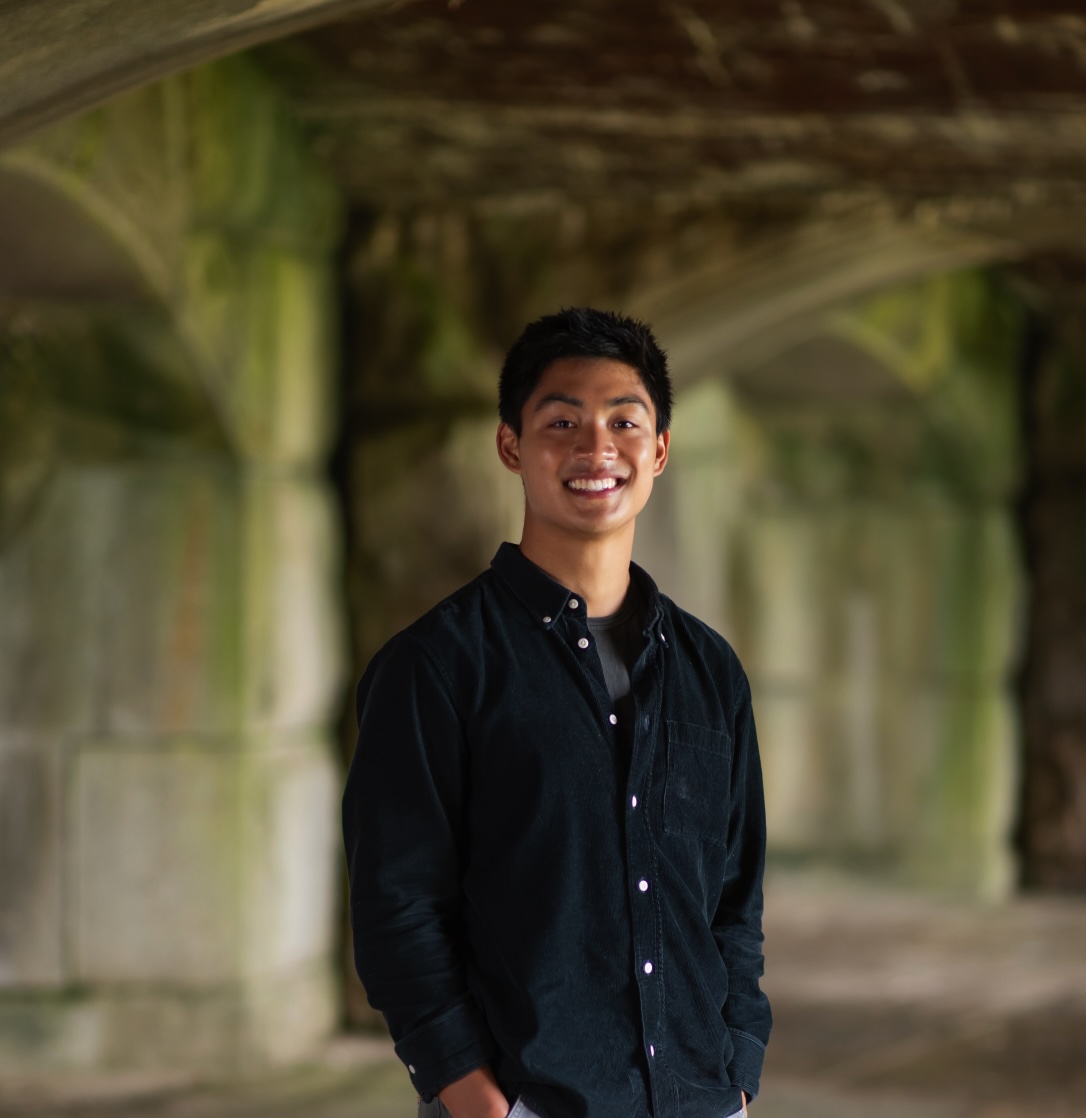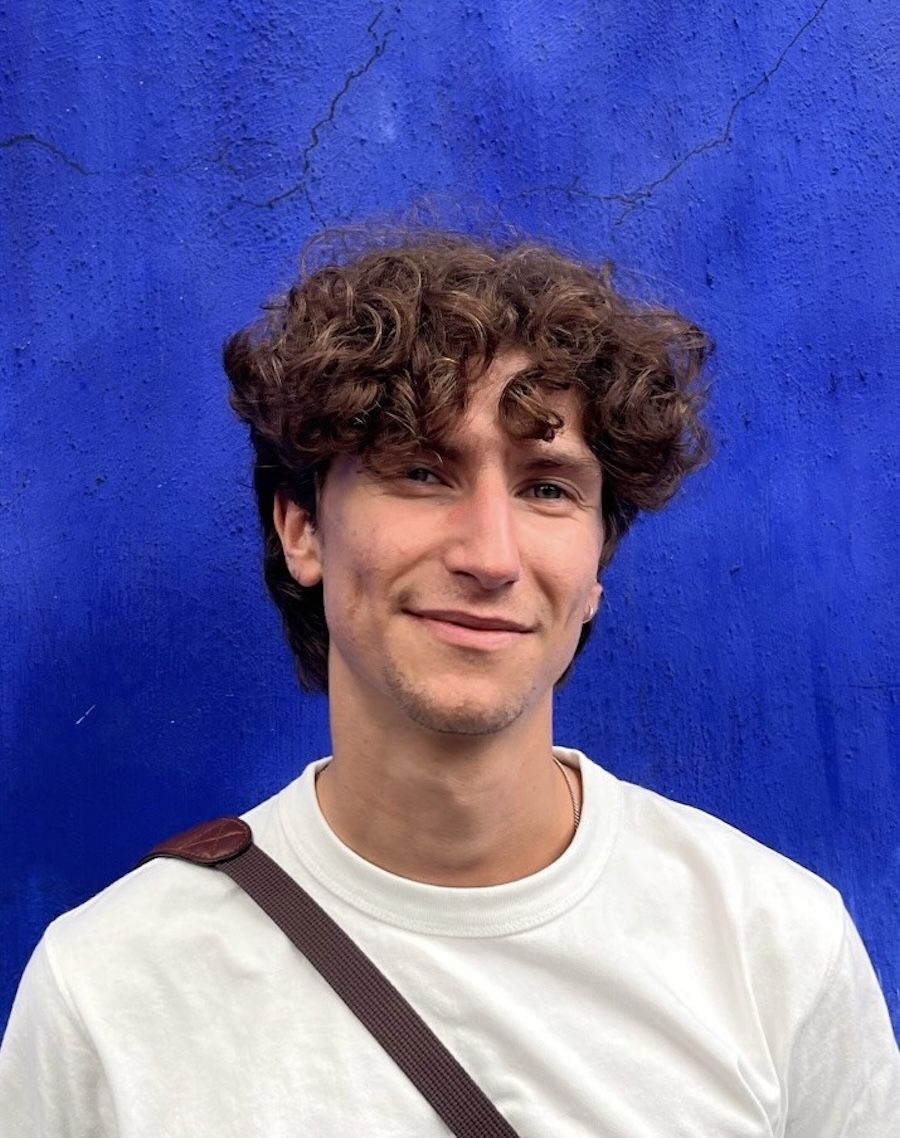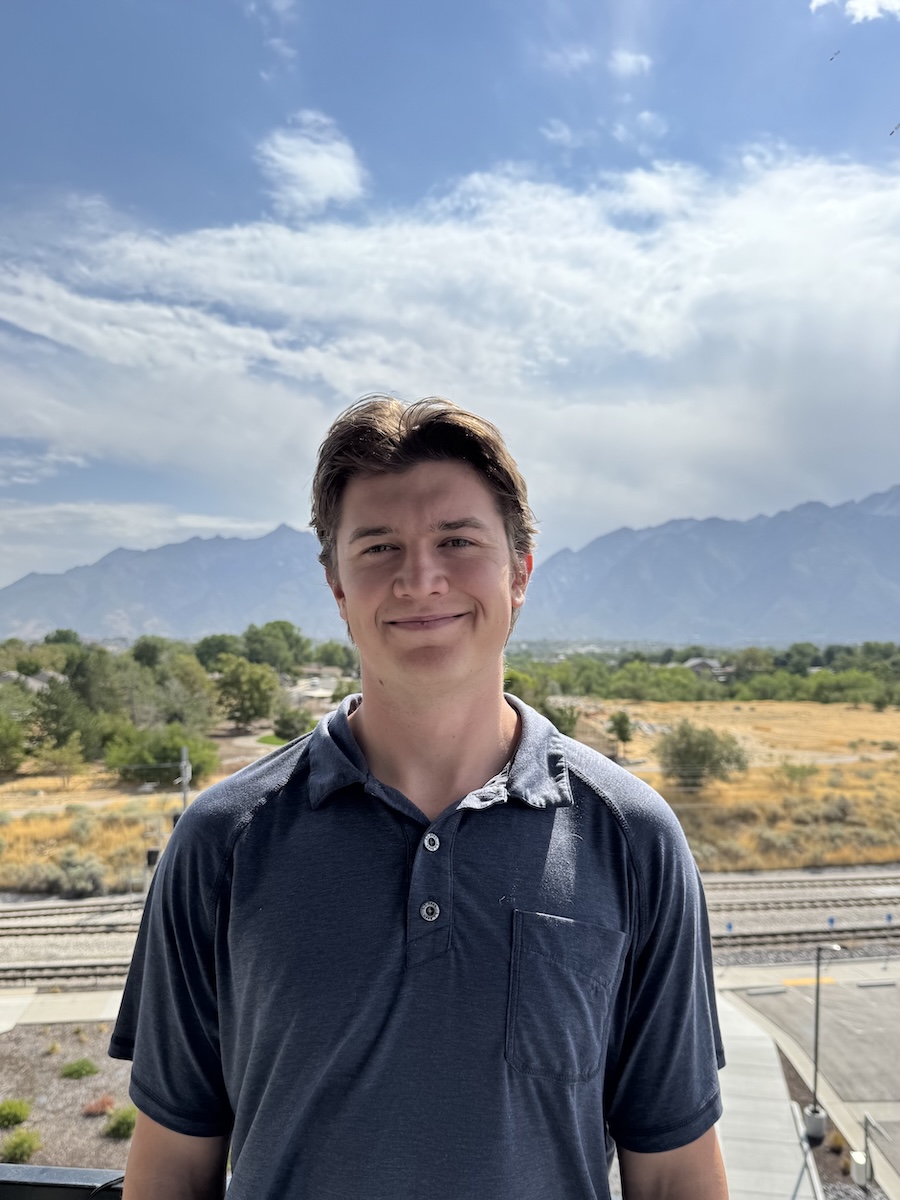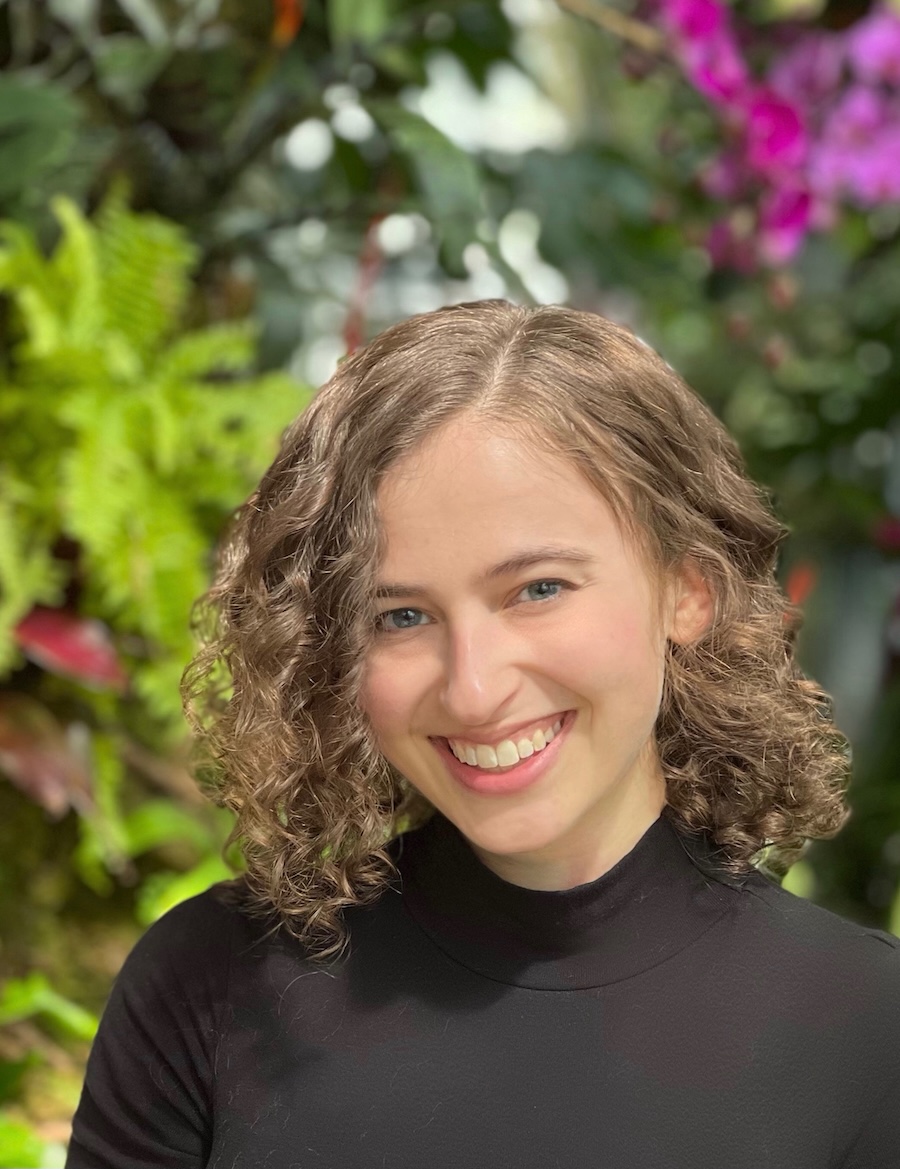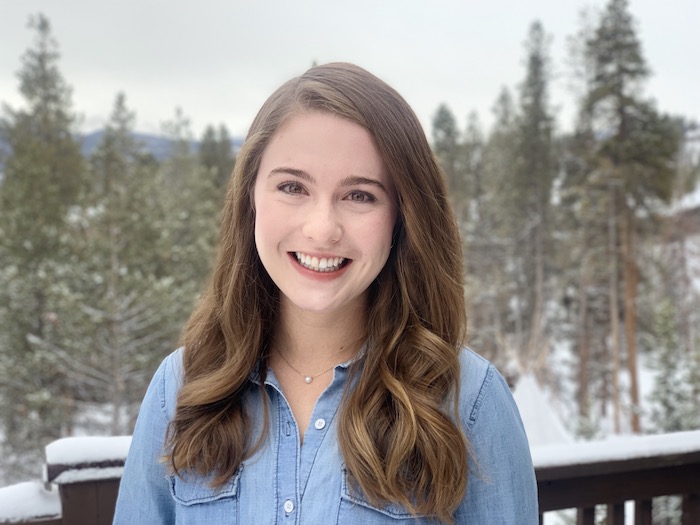What have you been up to since graduating from Bowdoin?
Since graduating, I spent a year teaching English in a rural town in southern Taiwan on a Fulbright fellowship. I’m now working at a development-focused think tank, where I research the intersection of climate resilience, economic development, and domestic resource mobilization. This fall, I’ll begin graduate school!
Why environmental studies?
I majored in integrative biology and environmental studies because I was drawn to the faculty and community within the ES program, as well as the program’s interdisciplinary approach. The coursework was engaging and encouraged me to think across disciplines to understand and solve environmental challenges. Through my Bowdoin education, I have come to realize that environmental challenges cut across every industry and different parts of society. Since graduating, I have gained an appreciation for how collaboration and interdisciplinary approaches are critical to creating lasting, effective, and equitable change. I feel that my majors gave me the tools and perspective to engage with these complexities in a meaningful way.
Starting college during the COVID pandemic, I also appreciated that the program got us outside to explore Maine’s ecosystems through field-based learning. It helped me connect more deeply with the state, my professors, and my peers.
Are there any classes, professors, or experiences that had a lasting impact on you?
Courses with Rusack Professor of History and Environmental Studies Connie Chiang had a huge impact on me. She challenged me intellectually while always making me feel supported and seen as both a student and a person. Her belief in my potential always made me want to achieve more, even in the most challenging moments. Through her classes The Beach, Intro to Environmental Studies, and Environmental History of North America, I found myself deeply immersed in my studies even in a subject (environmental history) I never thought I’d enjoy. Her mentorship extended far beyond the classroom, and even a year after graduation I’m grateful to consider her a wonderful friend.
I also loved the classes I took with Associate Professor of Biology Vlad Douhovnikoff, especially Forest Ecology and Ecology of Rivers. His courses blended biology, policy, and social science in ways that felt both rigorous and creative. They also got us outside, canoeing rivers, surveying forests, and learning directly from Maine’s landscapes. He created a real sense of community in his classes, and they were genuinely a joy to be part of. Some of my most wonderful memories at Bowdoin.
Additionally, staff and faculty like Rosie Armstrong, Eileen Armstrong, Mary Rogalski, and Shana Stewart-Deeds all contributed greatly to my experience at the college. Without their support, mentorship, and kindness, I would not be the same person. The environmental studies department truly has the best people!
What advice would you give to current students or recent graduates interested in your field?
I’m still early in my career, but one thing I’ve learned is not to panic if you don’t have it all figured out right away. I graduated with broad interests and wasn’t exactly sure how to position myself or how my skills translated into specific roles. That uncertainty was uncomfortable, but it was also clarifying as I worked through it. Staying patient, talking to alumni, and being open-minded about where I could start my career helped me gain traction and better understand what kind of work excites me and where I want to go moving forward.
Additionally, traveling around Maine and spending time outside were some of my favorite parts of the Bowdoin experience, so I will always highly advocate for that!
